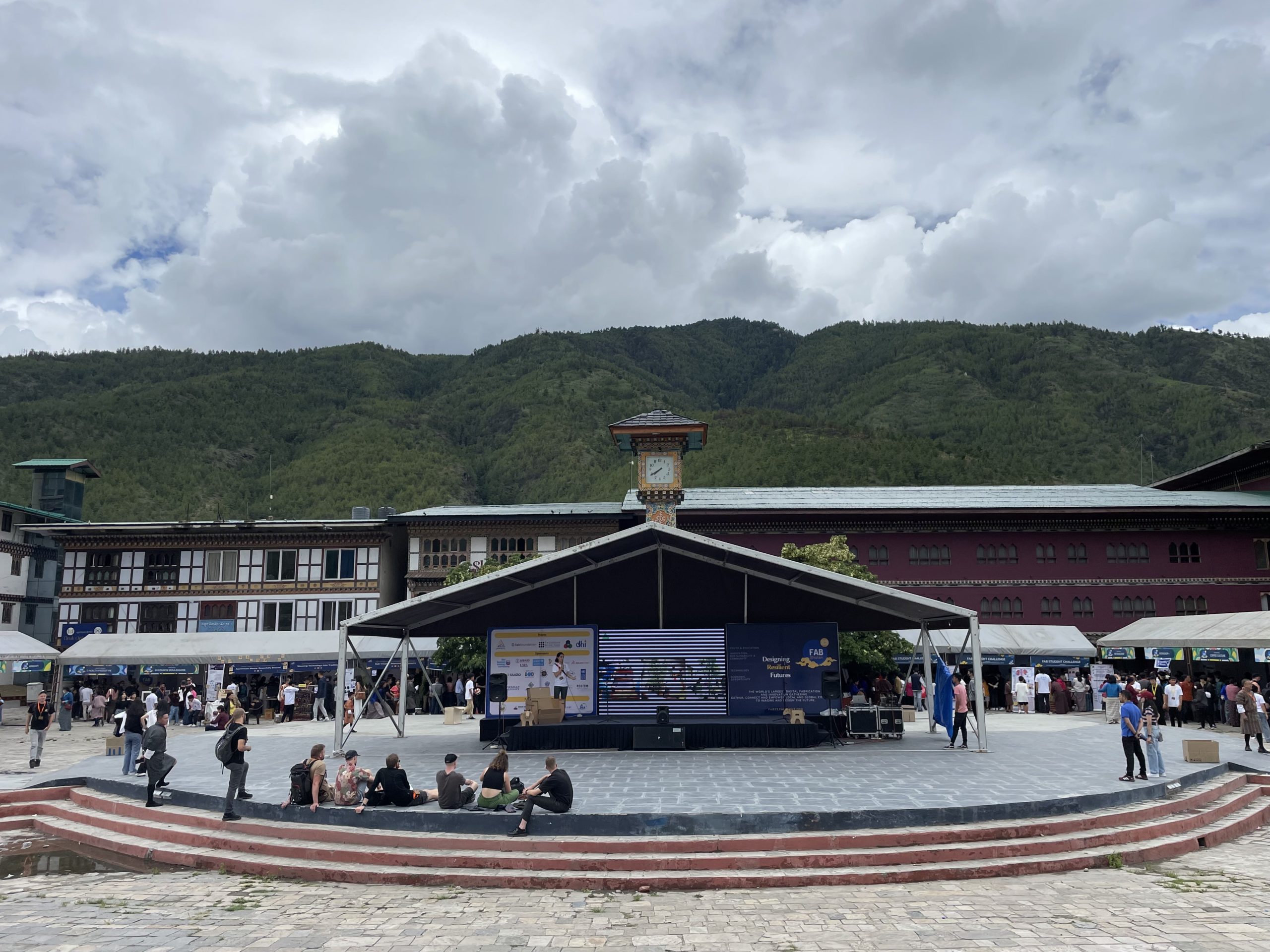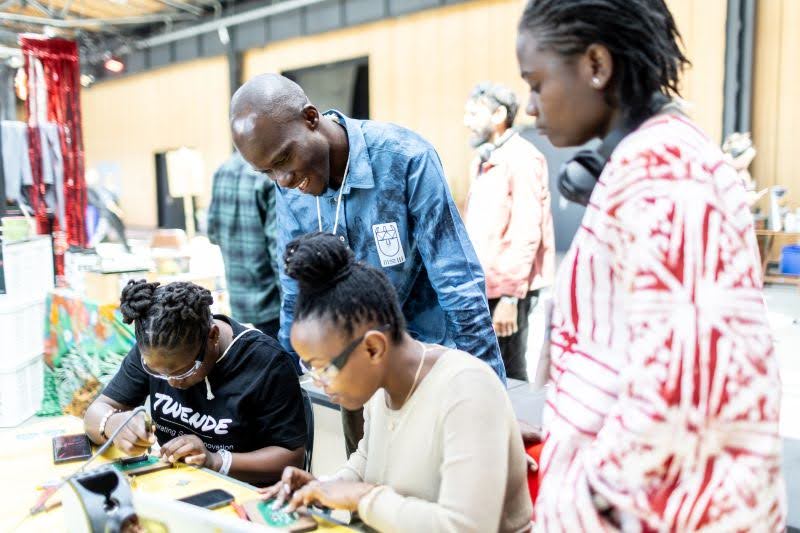Imagine the maker movement taking over the main square of a capital city – really? Really!
- August 03, 2023
- 4 min read
Think of a capital city and its main square.
Perhaps Plaza Mayor in Madrid, Spain. Or Tahrir Square in Cairo, Egypt. Maybe Place de la Concorde in Paris, France. Or Uhuru Park in Nairobi, Kenya.
Now imagine it filled with the maker movement, like a Maker Faire. Imagine a main stage right in the centre of the capital city’s main square where makers are telling local stories of circularity, 3D printing assistive devices or making robots.
And imagine that around the square there are stalls, where school children from across the country show what they have made to tackle national challenges, where makerspaces from across the country invite people to visit and show off their successes, or where government or international bodies from across the world proudly celebrate the work of the makers that they have supported.
It’s nice to imagine but quite hard to believe that this would ever actually happen for real.
But it did happen, in a special country called Bhutan.
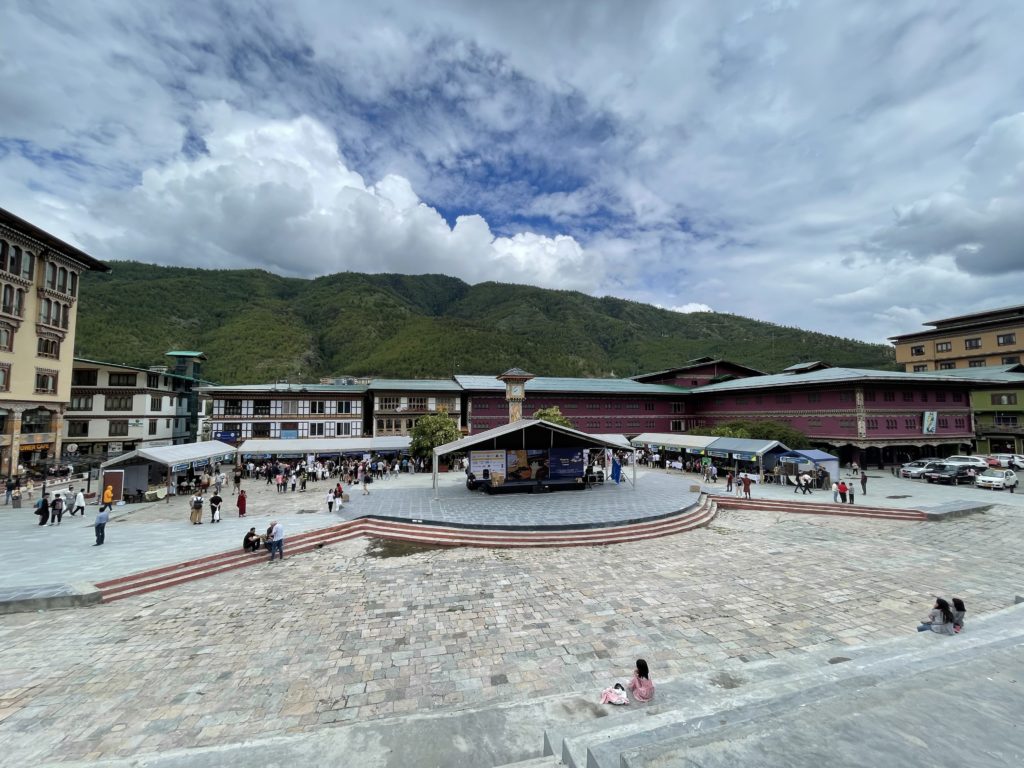
On Sunday 23rd July 2023 the Himalayan Kingdom – famous for its beauty, Buddhism and Gross National Happiness – hosted the Fab Festival in Clocktower Square in its capital city of Thimphu. It was an extraordinary and wonderful event!
The global FabLab conference “Fab23” brings together a community for a particular type of makerspace, known as a FabLab. It is a week long event held at the Thimphu TechPark and joined by national events such as the Fab Festival, the FabCity Challenge and the Fab Schools Challenge. I have come to think FabEvents as the main global gatherings of makerspaces.
The conference is the latest culmination of efforts being made by the Government of Bhutan to invest in the future of the country, particularly through Science, Technology, Engineering and Maths. The Fab23 conference was opened by the country’s foreign minister, Tandi Dorji (unfortunately the Prime Minister himself was unavailable due to a landslide disaster that the government was responding to).
The minister spoke brilliantly about the role of the maker movement (once again, it is very hard to imagine this actually happening… but there he was on stage talking about makerspaces). It was clear that – like us in the audience – he believed that makerspaces could be hubs for digital innovation and that, by working together as an ecosystem, their impact will help the whole country (and indeed national happiness).
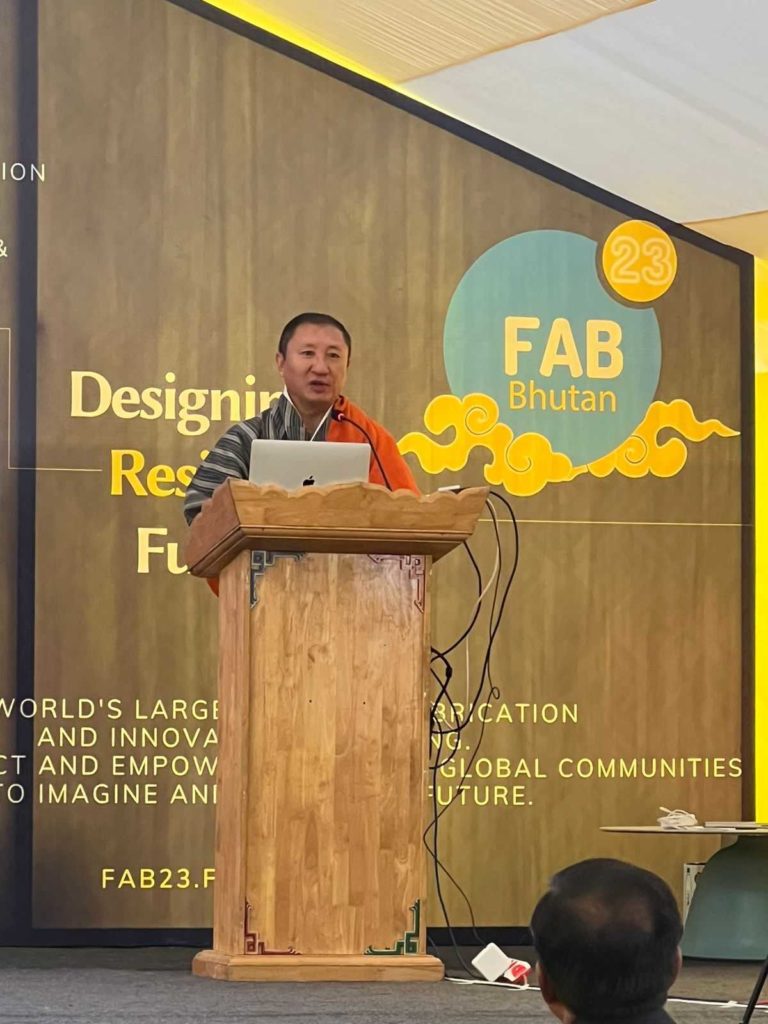
Five years ago, I visited Bhutan with two colleagues to deliver training to government officials, schools and makers. We were invited by a small group of committed Bhutanese makers, who did have a few links with government and wanted to influence policy to support the country’s nascent maker movement. It seems that they were really heard!
My take on Bhutan’s commitment to the maker movement is that the country wants to modernise but not globalise. It wanted to reduce ‘brain drain’ (migration overseas) and help maintain its unique culture, identity and skills. These ideas from Bhutan informed my motivation for joining the mAkE project.
Bhutan’s makerspace movement still has work to do. It is building more FabLabs, and it needs to also support more young people to learn how to become makerspace managers, to solidify the business models of the makerspaces and to develop local production networks. These are all activities we are developing in Europe and in Africa as part of the mAkE project, so I am excited to see how the results of our project will also help Bhutan and other countries.
The significance of this gathering of makerspaces in the main square of a capital city could only really be taken in by taking a step back. There was too much exciting stuff going on for the Bhutanese public who were participating to notice how big a deal it was.
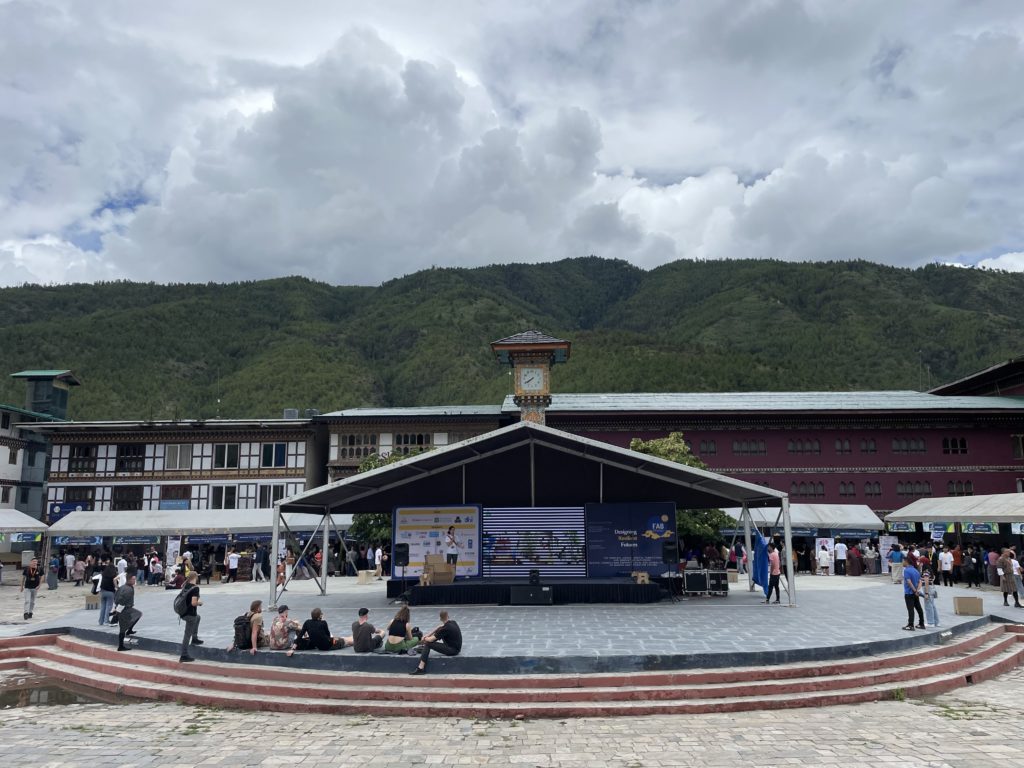
When I took a step back to take in this historic moment for the maker movement, I thought about what a step forward it is for Bhutan. And also about what an inspiration it is for all of the countries involved in the mAkE project. After all, if it can happen here, then why not Madrid, Cairo, Paris or Nairobi?

